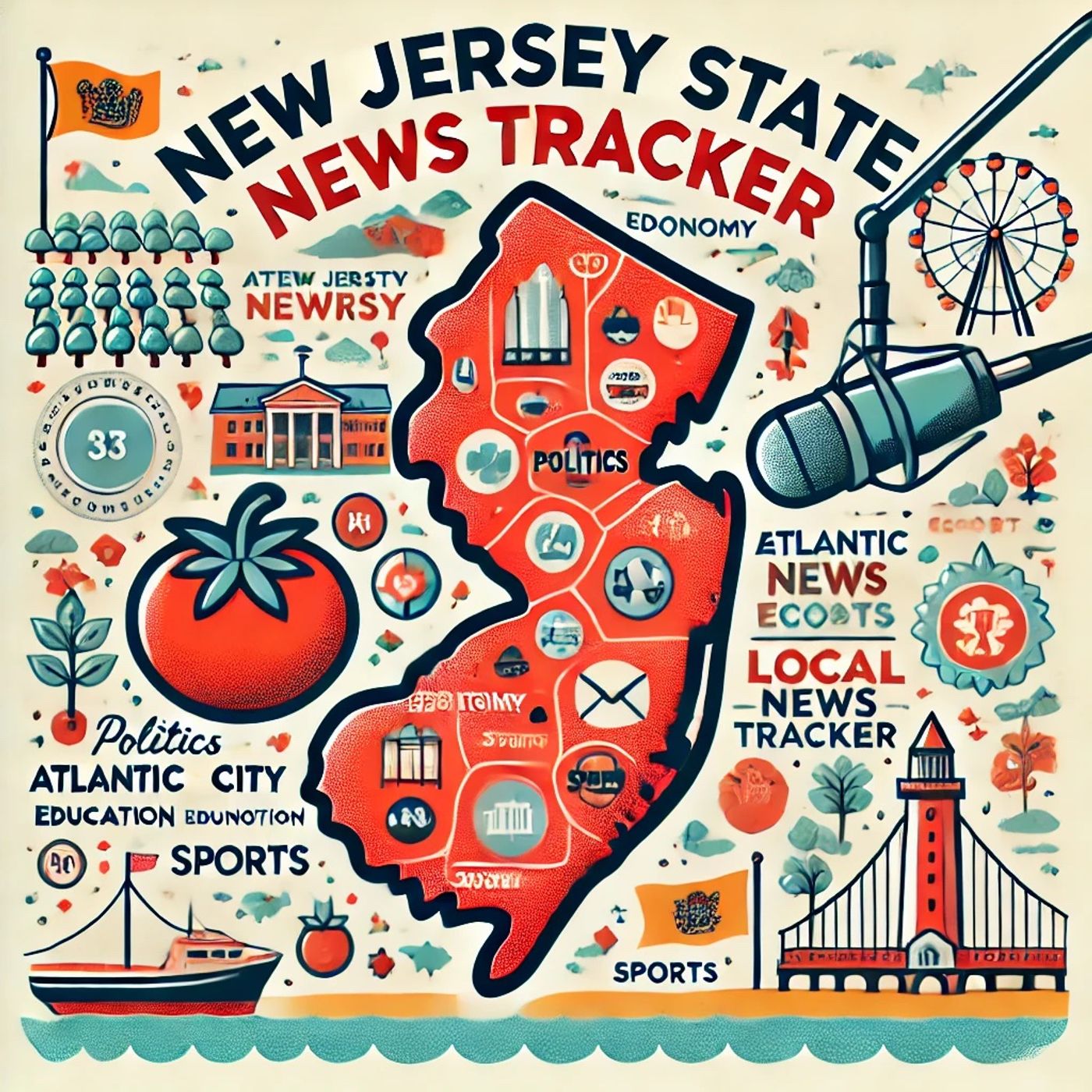Feb 02 2025 2 mins
New Jersey is poised for significant changes in 2025, with various developments across government, business, and environmental sectors.
The 2025 New Jersey gubernatorial election is set to take place on November 4, 2025, with incumbent Democratic Governor Phil Murphy term-limited and unable to seek re-election. Primary elections are scheduled for June 10, 2025, marking a critical period for the state's political landscape[1].
In the economic sphere, New Jersey businesses face a mixed bag under the new Trump administration. While deregulation in certain industries may spur growth, tariffs on foreign imports and a crackdown on immigration could have negative impacts. The state's own financial outlook is challenging, with a structural deficit of over $4.5 billion and high property taxes[2].
On the environmental front, Governor Murphy has reaffirmed his commitment to combating climate change through state-led policies. Despite potential impacts from the Trump administration's deregulatory efforts, New Jersey aims to reach 100% renewable energy by 2035. The New Jersey Department of Environmental Protection is also finalizing significant regulatory initiatives in its Site Remediation Program[3].
In recent news, a multistate coalition, including New Jersey, has secured a temporary restraining order blocking the Trump administration from freezing essential federal funding[5]. This development underscores the state's proactive stance on federal policy issues.
Looking Ahead:
- The 2025 New Jersey gubernatorial election will be a key event, with primary elections in June and the general election in November.
- The finalization of the New Jersey Department of Environmental Protection's Site Remediation Program changes is expected to have significant impacts on environmental policies.
- The state's economic outlook will continue to be closely watched, particularly in light of federal policy changes under the Trump administration.
The 2025 New Jersey gubernatorial election is set to take place on November 4, 2025, with incumbent Democratic Governor Phil Murphy term-limited and unable to seek re-election. Primary elections are scheduled for June 10, 2025, marking a critical period for the state's political landscape[1].
In the economic sphere, New Jersey businesses face a mixed bag under the new Trump administration. While deregulation in certain industries may spur growth, tariffs on foreign imports and a crackdown on immigration could have negative impacts. The state's own financial outlook is challenging, with a structural deficit of over $4.5 billion and high property taxes[2].
On the environmental front, Governor Murphy has reaffirmed his commitment to combating climate change through state-led policies. Despite potential impacts from the Trump administration's deregulatory efforts, New Jersey aims to reach 100% renewable energy by 2035. The New Jersey Department of Environmental Protection is also finalizing significant regulatory initiatives in its Site Remediation Program[3].
In recent news, a multistate coalition, including New Jersey, has secured a temporary restraining order blocking the Trump administration from freezing essential federal funding[5]. This development underscores the state's proactive stance on federal policy issues.
Looking Ahead:
- The 2025 New Jersey gubernatorial election will be a key event, with primary elections in June and the general election in November.
- The finalization of the New Jersey Department of Environmental Protection's Site Remediation Program changes is expected to have significant impacts on environmental policies.
- The state's economic outlook will continue to be closely watched, particularly in light of federal policy changes under the Trump administration.
